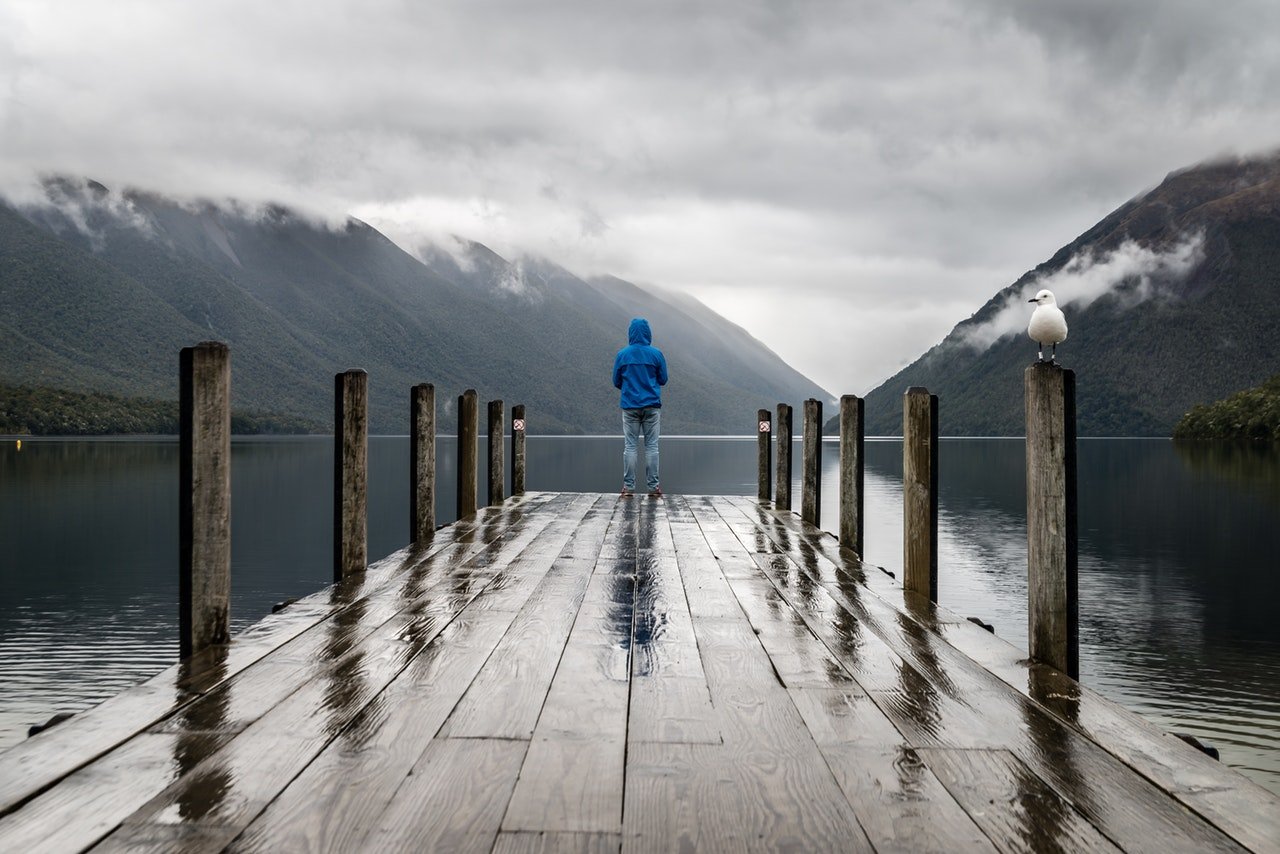Summer is fast approaching. Back in high school, that meant three uninterrupted months of hanging out with your friends. Maybe you worked a day job or went on vacation for a few weeks, but summer was probably your greatest opportunity for unstructured time with friends.
In college, however, the summertime dynamic changes for many of us. Our college friends live hundreds or thousands of miles away, and many return home or to work at far-off internships over the summer months. High school friends also scatter and get caught up in job or travel opportunities. Whether you yourself are headed home for the summer, staying around Stanford or planning to work elsewhere in the world, it’s likely that the next three months will bring some periods of social isolation.
However, social isolation does not have to be synonymous with loneliness. It is possible to be alone without feeling an acute sense of lacking or at least to manage those feelings with grace and optimism.
My high school experience was defined in large part by solitude. During my junior year of high school, I lost my friends and spent most of my lunch periods alone in the library or tucked away in a discrete corner of campus. As a result of my isolation and frustration with the social life at my school, I decided to take my senior year of high school online — in other words, from the solitary comfort of my bedroom. Aside from interacting with my parents and siblings in the evenings, I spent the majority of my day alone.
During this period, I was lucky to be a natural introvert, content with my own company. Nonetheless, it was difficult to sustain my spirits and sanity in such an isolated environment. For most of my life, my entertainment and meaning had come from relationships and social life more broadly. With so much time spent alone, I had to create other ways to fill my time and my desire for a coherent, meaningful life.
I found that my prolonged period of solitude was especially conducive to learning, creativity and spirituality. I found both knowledge and an artificial sort of social interaction in podcasts, books and audiobooks. I got to interact with some of the brightest, most compassionate minds in the world, undistracted by any immediate social concerns. With lots of time to dwell on the contents of my own mind and no pressure to speak, I also experienced a much higher quantity and quality of creative ideas, primarily related to writing. I filled a notebook with ideas for writing projects and kept a comprehensive journal. Finally, the solitude gave me ample space and time to experience nature in silence and awe. Even the trees around my neighborhood, when I had no better entertainment to distract me, became objects of biological and artistic fascination. It is amazing what you see when you have nothing better to do than look.
Solitude can be lonely, but it can also be a welcome time to notice the parts of the world — and of yourself — that usually make up the background and periphery of a socially-minded life. If you expect long periods of solitude this summer (and even a week can feel like a long time to be isolated), try to fill the quiet hours with the interests and experiences you’ve been pushing to the bottom of the priority list. Pick up a novel. Take a walk in a park or around a city block. Write a poem or a song or a piece of code (excuse my tech-ignorance). Replace socializing with enrichment of other forms, and you’ll likely feel full in a way that erases the loneliness even in isolation.
Of course, don’t shun all forms of human communication for the purpose of achieving an artistic or spiritual revelation. I am not advocating a monastic transformation. Call your friends and your mother, talk to your colleagues and teammates, meet strangers in whatever city you end up in. Just remember that, when you do feel isolated, there are ways to fill the silence that don’t include other people.
Contact Avery Rogers at averyr ‘at’ stanford.edu.
